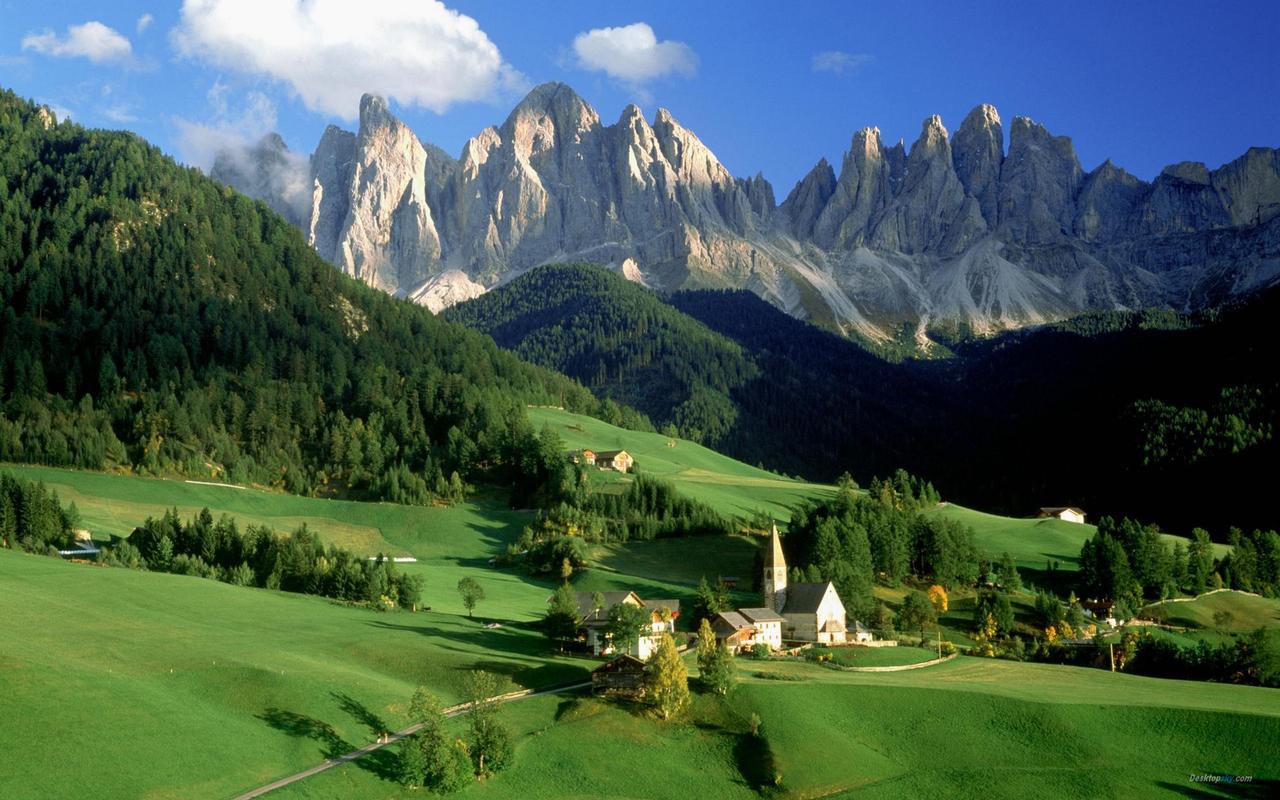Understanding the Definition of Culture: Exploring the Dynamics and Complexities
Culture is a term that can be challenging to define comprehensively. The concept represents a way of life and a set of values that are shared among a group of people or a society. The complexity of culture stems from its ability to exist on various levels, including nationality, race, religion, ethnicity, and even social class. In this blog article, we’ll delve deeper into the definition of culture, explore its dynamics, and the complexities that come with it.
The Definition of Culture
Culture refers to the set of beliefs, values, practices, and behaviors that define a particular group of people or a society. It includes all the knowledge and experiences that are learned, shared, and developed within a particular community over time. Culture can be viewed as the lens through which people see and interpret the world around them. It comprises various elements such as language, religion, food, music, art, and social norms, among others.
For example, in some cultures, it’s customary to greet people with a bow, while in others, a handshake is preferred. Similarly, some cultures view punctuality as essential, while others are more relaxed with timekeeping. Differences in cultural practices sometimes lead to misunderstandings between individuals from different cultures. Still, it’s important to recognize and appreciate cultural differences.
The Dynamics of Culture
Culture isn’t static; it’s dynamic and constantly evolving. New cultural practices and behaviors can emerge, and old ones can be discarded over time. For example, technological advancements have had a significant impact on many cultures worldwide, with the internet being a powerful tool that has transformed the way people interact and communicate.
Moreover, different cultures can sometimes come into contact with each other, leading to the exchange of ideas, knowledge, and practices. This process is referred to as cultural diffusion and can result in the creation of new cultures or the integration of practices from different cultures.
It’s important to note that the dynamics of culture can sometimes lead to conflicts within and between societies. Cultural clashes can arise due to misunderstandings, different beliefs, or values that clash. However, it’s vital to recognize and respect cultural differences to foster peaceful coexistence.
The Complexity of Culture
Culture can be difficult to understand, particularly for outsiders. The complexity of culture stems from the fact that it’s multifaceted and can exist on various levels. For example, one can identify with their national culture but still retain a unique regional or ethnic culture within that broader culture.
Moreover, different aspects of culture can sometimes be conflicting. For example, the values of individualism and collectivism can be at odds in many cultures. Similarly, cultural norms around gender roles and sexuality can sometimes clash with each other, leading to challenges in bridging differences.
In conclusion, culture is a dynamic and complex concept that plays a vital role in shaping our lives and interactions with others. While it can be challenging to define, understanding the dynamics and complexities of culture is crucial for fostering meaningful communication, promoting tolerance, and ensuring peaceful coexistence between individuals and societies.
(Note: Do you have knowledge or insights to share? Unlock new opportunities and expand your reach by joining our authors team. Click Registration to join us and share your expertise with our readers.)
Speech tips:
Please note that any statements involving politics will not be approved.
